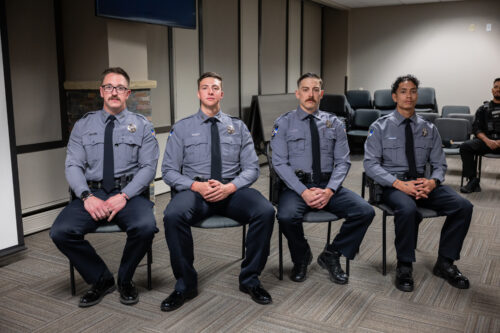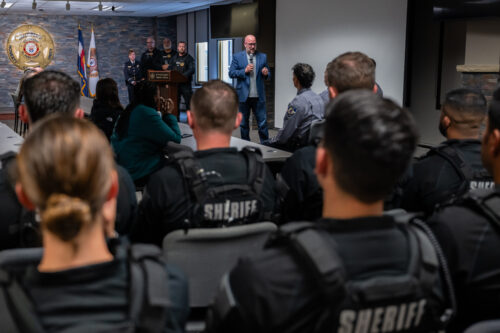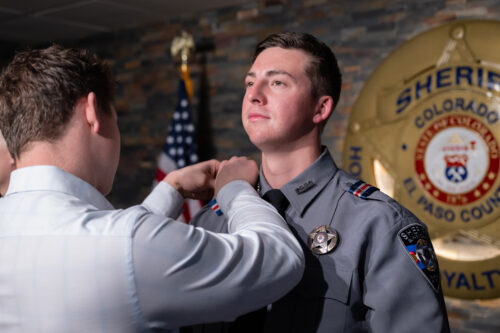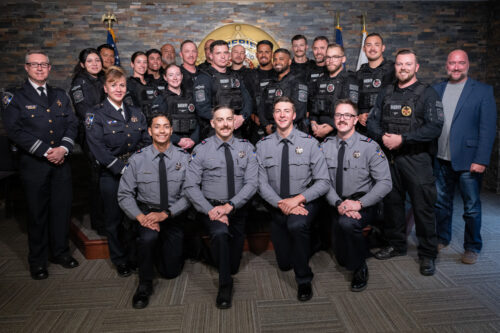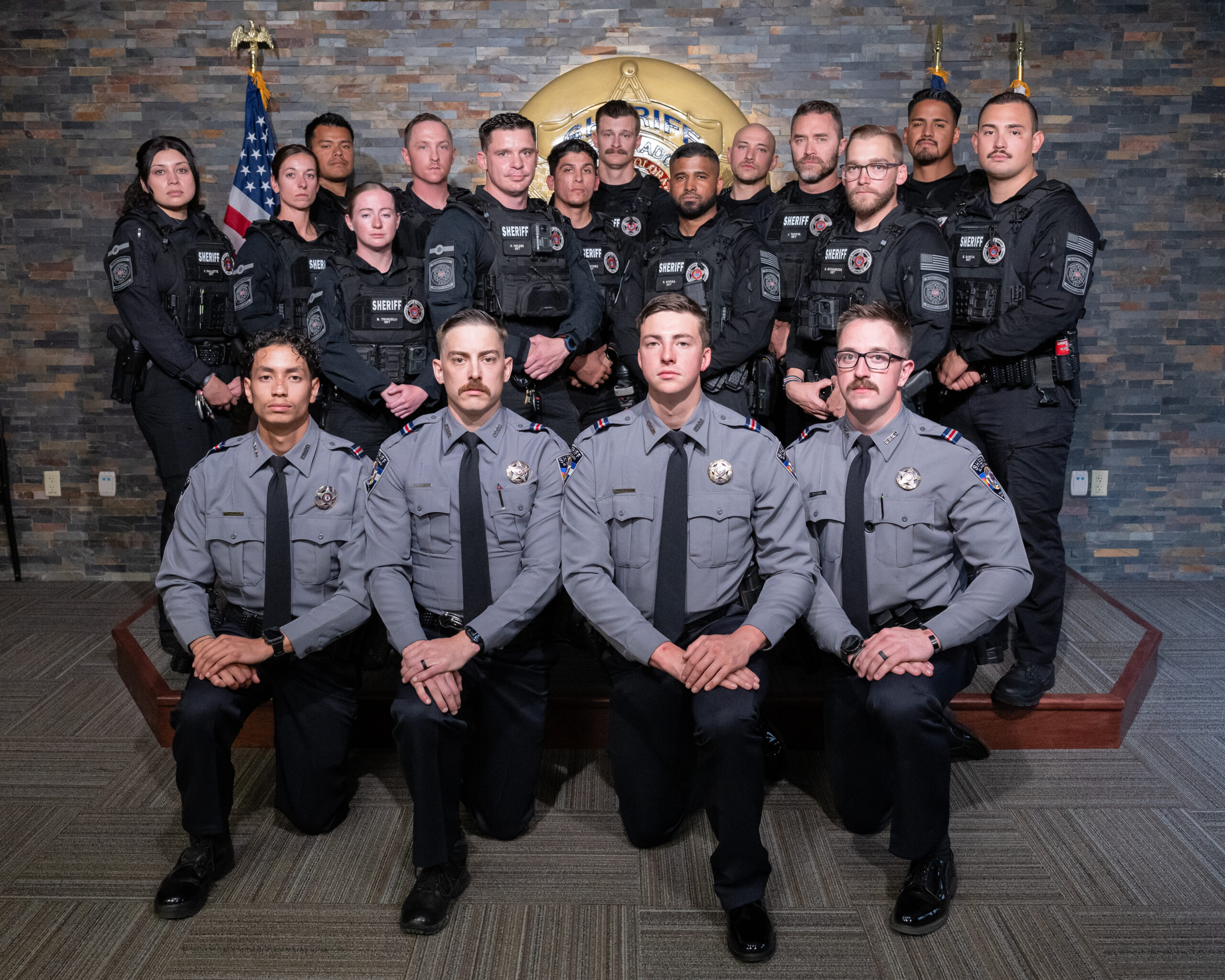Last week, the El Paso County Sheriff’s Office celebrated the graduation of four deputies from the Special Response Team (SRT) Academy. These deputies completed a demanding 50-hour program, which included an oral board process, rigorous physical fitness exercises, an obstacle course, and extensive classroom (scenario-based) instruction.
“As a former member of SRT, I am extremely proud of the time and hard work each of these individuals dedicated to this specialized training,” said El Paso County Sheriff Joseph Roybal. “SRT was born out of necessity and has become an essential part of detention security. The training they received during the selection program, along with ongoing instruction, ensures the El Paso County Jail remains fully prepared to address critical and dangerous situations. Congratulations to our newest SRT members, and special thanks to our SRT leadership and training staff for their dedication to this team.”
History of the Special Response Team
In 1990, a riot erupted at the El Paso County Sheriff’s Office Metro Detention Facility. Inmates housed in Ward A2W, a 28-bed unit for violent offenders, gained access to the door system and dismantled heavy metal components. They turned those components into weapons and threatened staff, minutes away from releasing other inmates from their cells. Deputies from the Metro floor requested support from Criminal Justice Center staff to regain control. During the incident, three deputies were seriously injured.
This event exposed the urgent need for a team with specialized training and equipment to respond to emergencies inside the jail. From this incident, the Special Response Team was formed. Early staff members were tasked with acquiring equipment and developing training to build a unit capable of handling high-risk situations.
Since its creation, the responsibilities of SRT have grown significantly. Today, the team manages duties including forced cell extractions, open-area containment, riot control, mental health pickups, high-risk extraditions and transports, high-risk jury trials and site visits, and supplemental support for the Sheriff’s Office SWAT team.

